Travel & tourism sector contributes Rs 5,141.1 bn to India’s GDP: KPMG-FICCI
India’s Travel sector has expanded in the recent years, driven by the increase in domestic spend, Internet penetration and availability of smartphones. Technology today plays a ubiquitous role in shaping the travel industry. KPMG in India and FICCI have come out with a report on the technology landscape for Travel and Hospitality, which provides a quick look at the current pace of digital disruption, consumer trends and innovation.
As per the report, the Indian travel and hospitality sector continued its steady growth with 15.6 per cent year-on-year (y-o-y) rise in Foreign Tourist Arrivals (FTAs) and 20.8 per cent y-o-y growth in Foreign Exchange Earnings (FEEs) during 2017. Further, in 2017, the travel and tourism sector was estimated to directly contribute to 25.9 million jobs and Rs 5,141.1 billion ($75.8 billion) to the country’s Gross Domestic Product (GDP).
The report further states that the travel and hospitality sector is rapidly evolving with the rising adoption of various tools, technologies and digital platforms – primarily to improve customer experience, build strong loyalties and run businesses efficiently. These include mobile applications, social media, Big Data analytics, artificial intelligence (AI) and machine learning, virtual reality (VR) and augmented reality (AR). In addition, online sale of travel bookings in India is expected to increase at a healthy rate of 14.8 per cent Compound Annual Growth Rate (CAGR) from Rs 1,512.7 billion ($22.3 billion) in 2017 to Rs 2,625.7 billion ($38.7 billion) by 2021.
The KPMG-FICCI Report also throws light on those online platforms that act as breweries of travel, encouraging people to travel more, shares details on government initiatives towards digitisation of travel and captures the way forward for travel and hospitality businesses. It underscores that India is ultimately moving towards becoming a digitally-enabled tourist destination, with changes brought forward by players across the value chain.
Key findings:
- Travel and Tourism sector is generating 25.9 million jobs and GDP of Rs 5,141.1 billion
- Mobile applications, big data, AI, VR and AR to shape the future of travel industry
- India was projected to have accounted for 3.7 per cent of the global digital travel sales – making it the third-largest market by value in the Asia-Pacific (APAC) region
The report cites major developments fuelling the growth of the travel & hospitality sector:
- A fast growing, high-potential economy
- Rising smartphone and internet penetration
- Rising participation of millennial travellers in terms of numbers and expenditure, with 34 per cent of millennials spent Rs 6,000 per night or more in the past year, as compared to 22 per cent of those aged 55-plus
- Leisure travel contributes nearly 95 per cent of the direct travel and tourism spending in India
- Rise in business travel – India has the potential to be the sixth-largest business travel market in the world by the end of 2019
- Strong and consistent growth in Domestic Tourist Visits with a significant 88 per cent share of spending
The report enlists and expounds upon six key focus areas to win the tech-friendly traveller:
- Marketing to the modern-day traveller through Search Engine Marketing (SEM) and Search Engine Optimisation (SEO), following a mobile-first approach, leveraging social media, providing personalised offers and utilising User Generated Content (UGC).
- Personalising services, deemed as the future of travel, enabled by insights from analysis of big data analytics, AI and machine learning.
- Pushing towards direct bookings: Direct bookings enable hotels and airlines to avoid commissions and build a direct connect with customers; this concept is likely to gain more emphasis going forward.
- Automating operations for end to end applications across booking, customer service and even operational aspects of travel and hospitality businesses.
- UGC such as customer reviews and other earned media is considered more effective that owned media to help brands with identifying and resolving issues, while enabling them to build a direct connect with customers
- Partnering with the sharing-economy players has seen major positive strides with hotels, hotel aggregators and OTAs partnering with cab aggregators to leverage synergies.
To Read More Click Here.


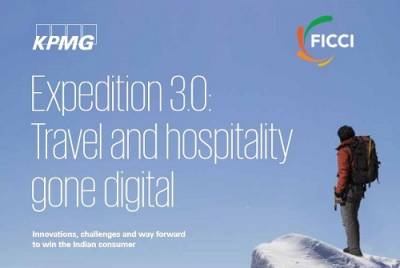

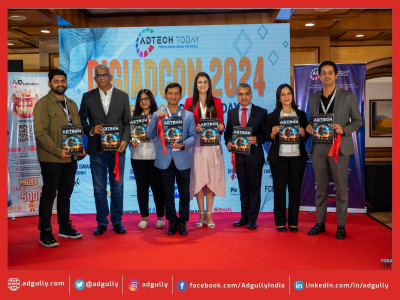
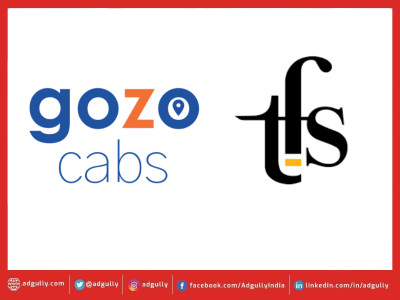
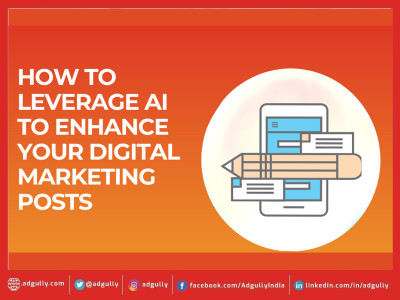
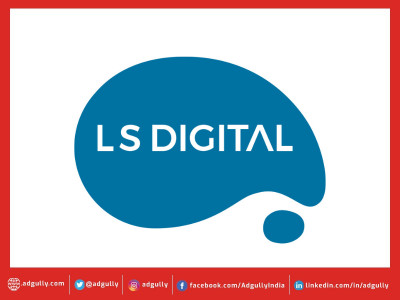

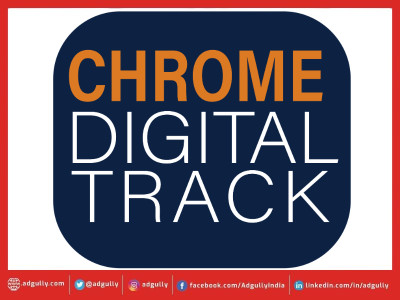


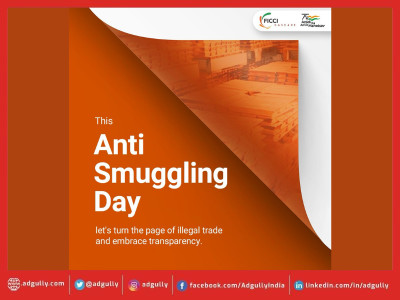

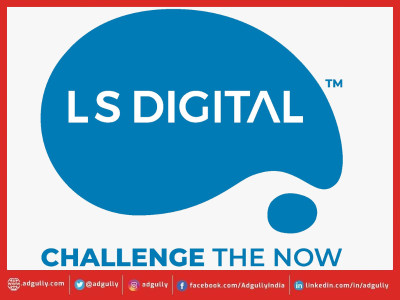


Share
Facebook
YouTube
Tweet
Twitter
LinkedIn